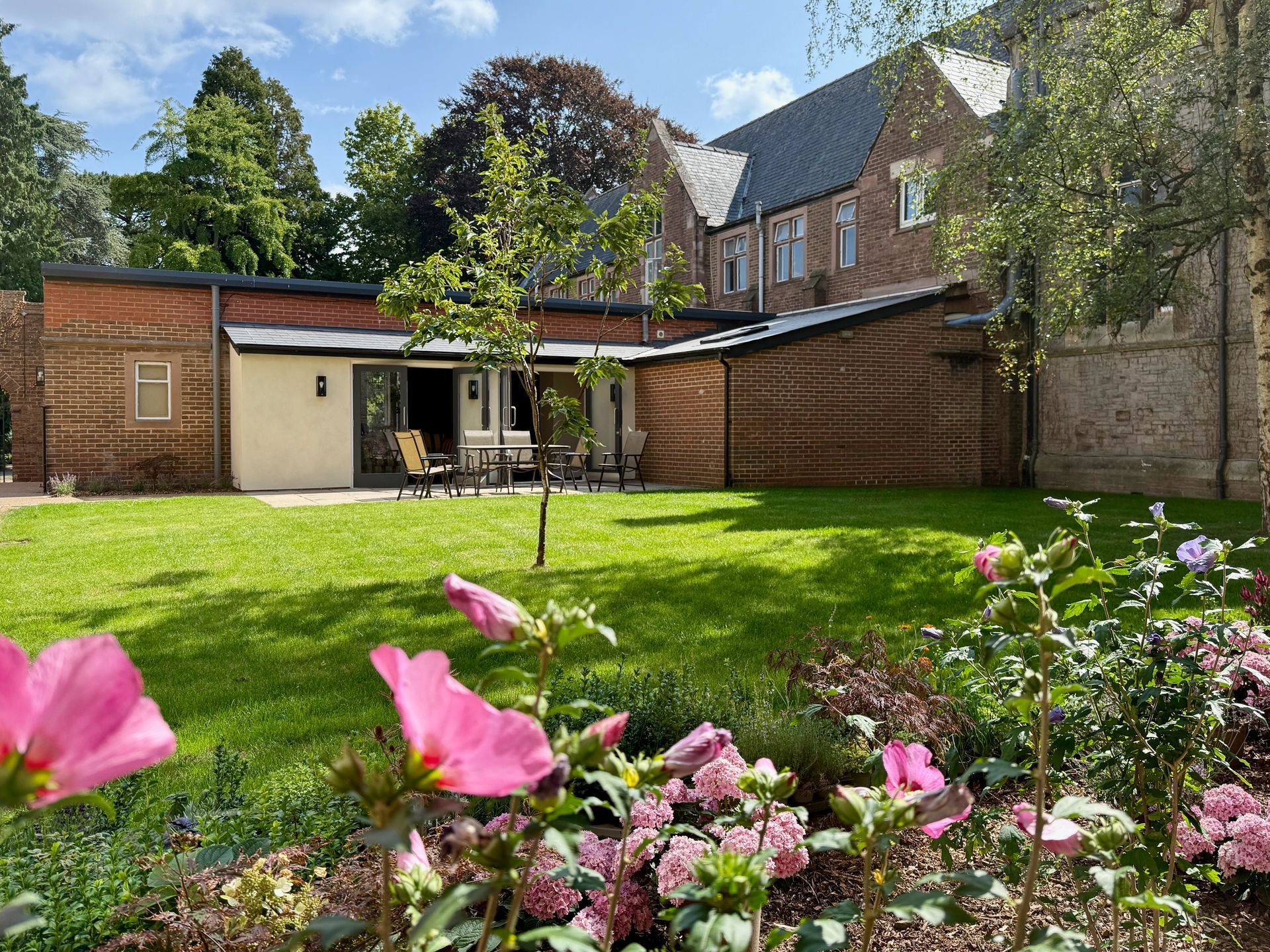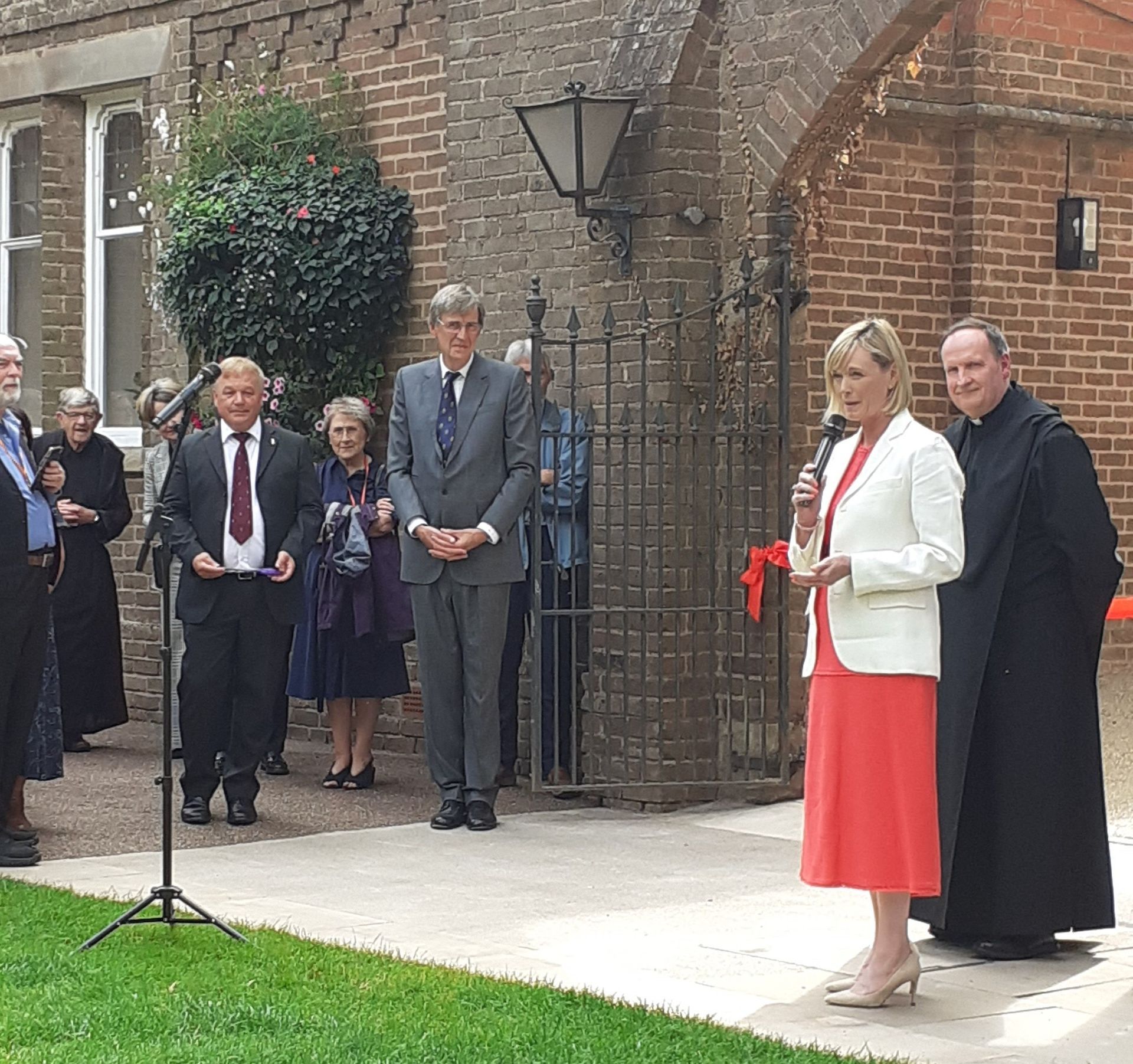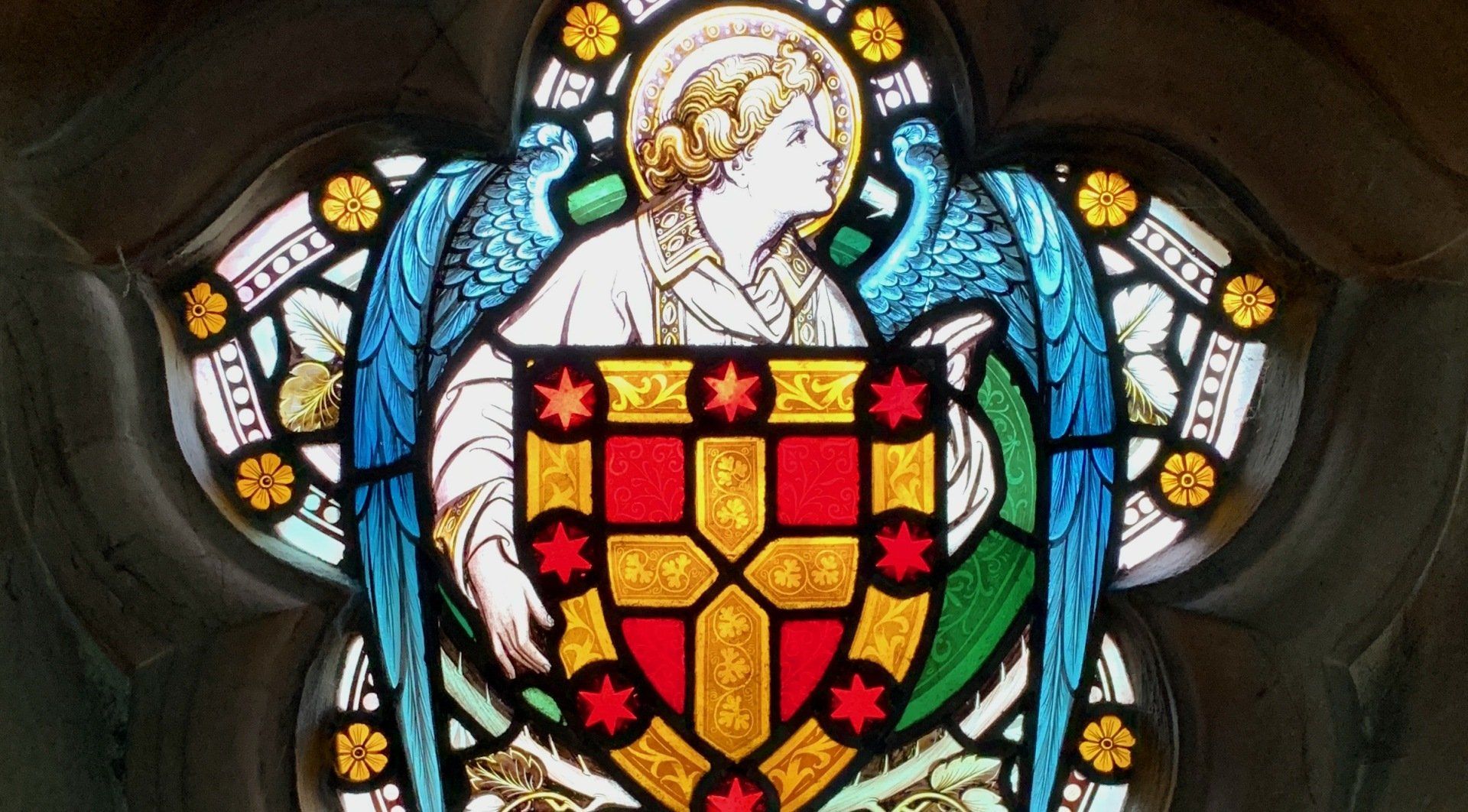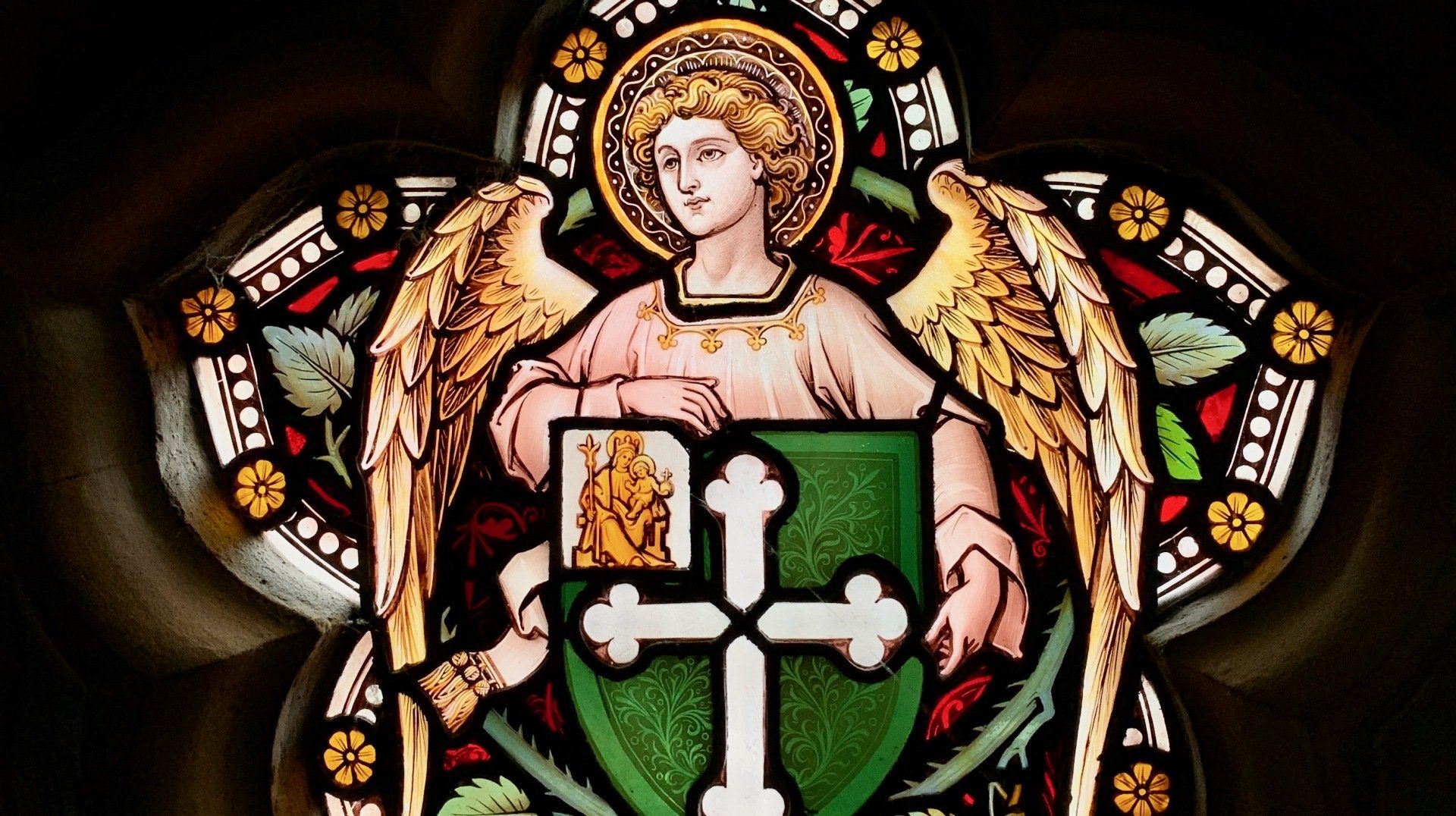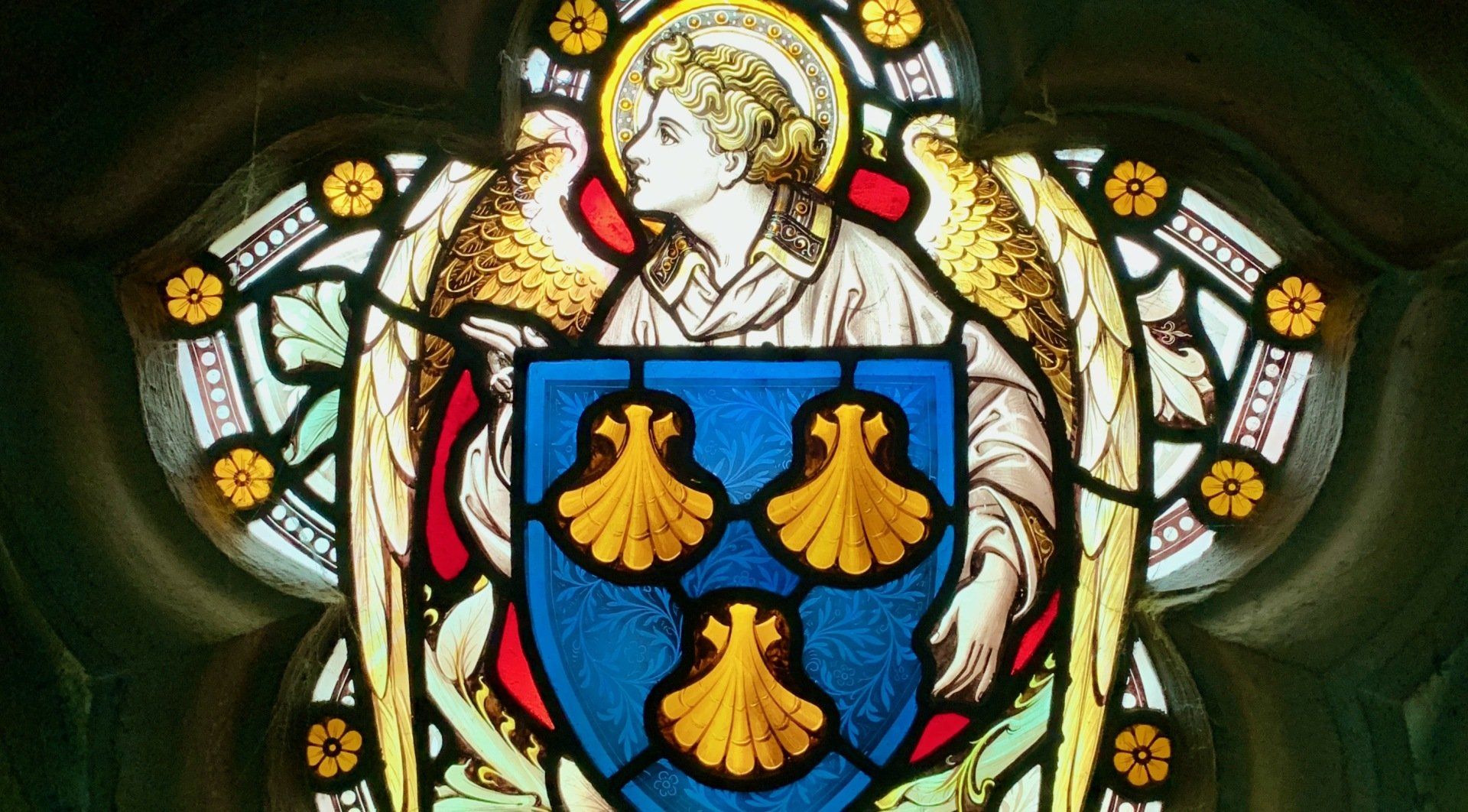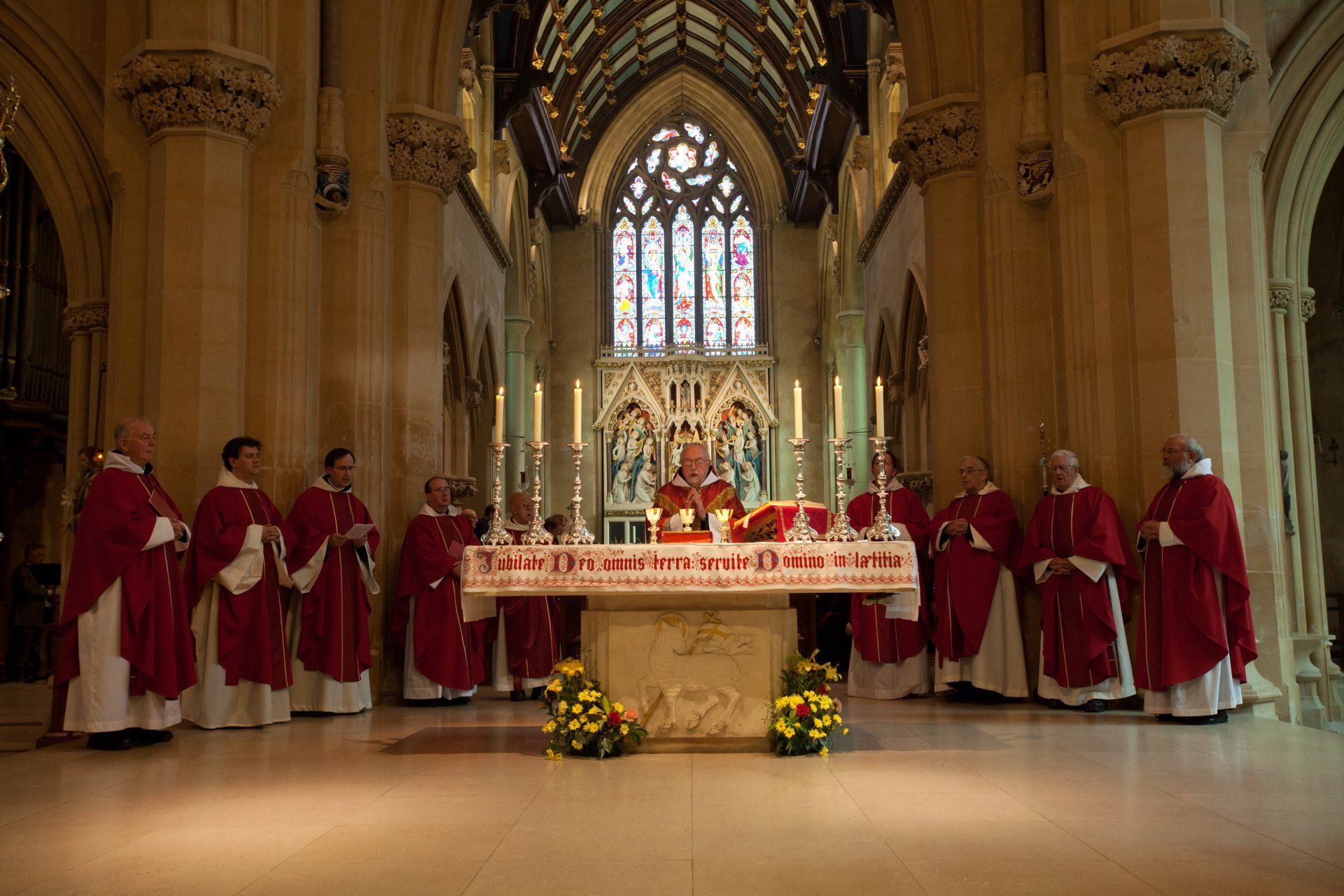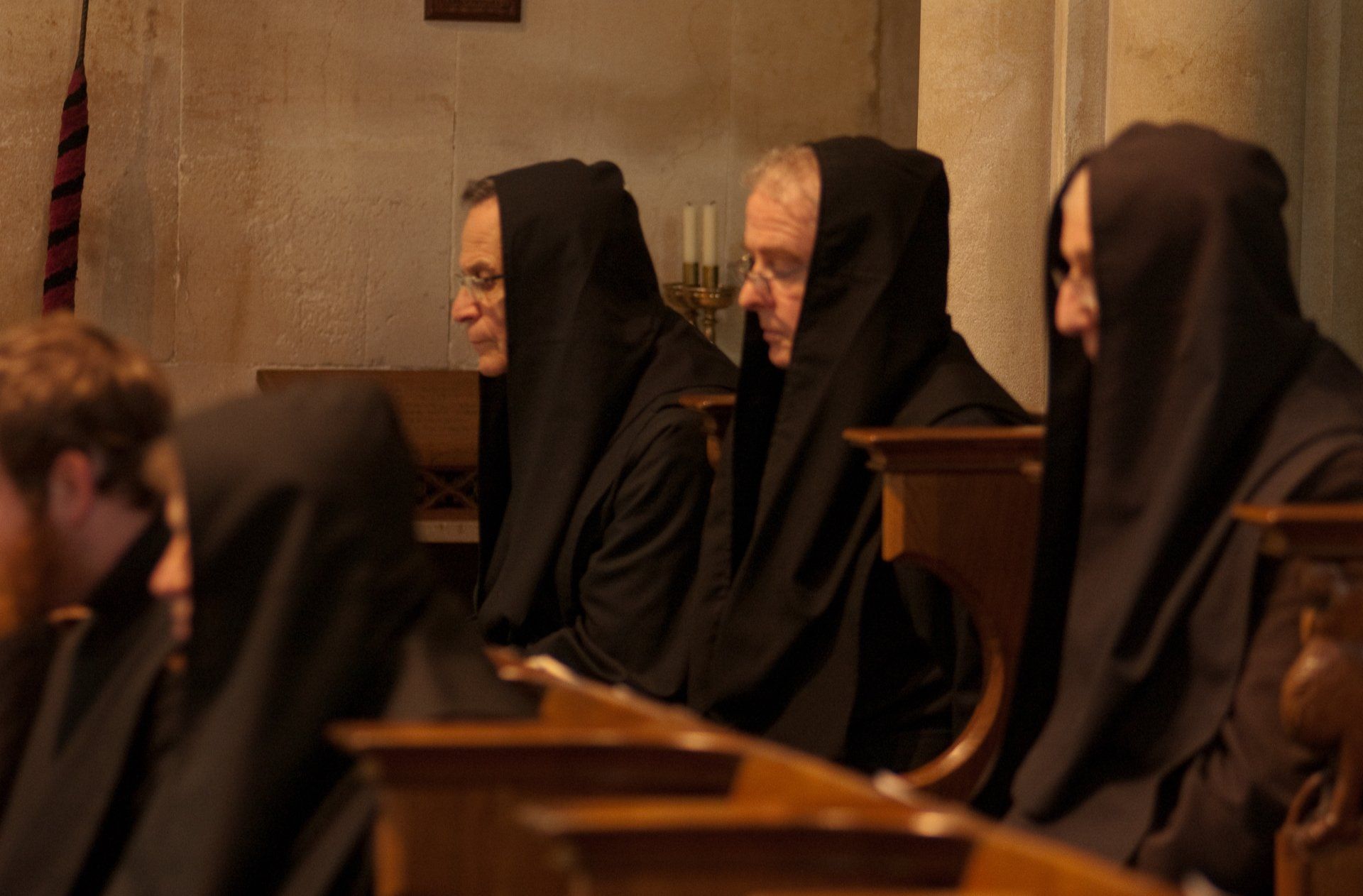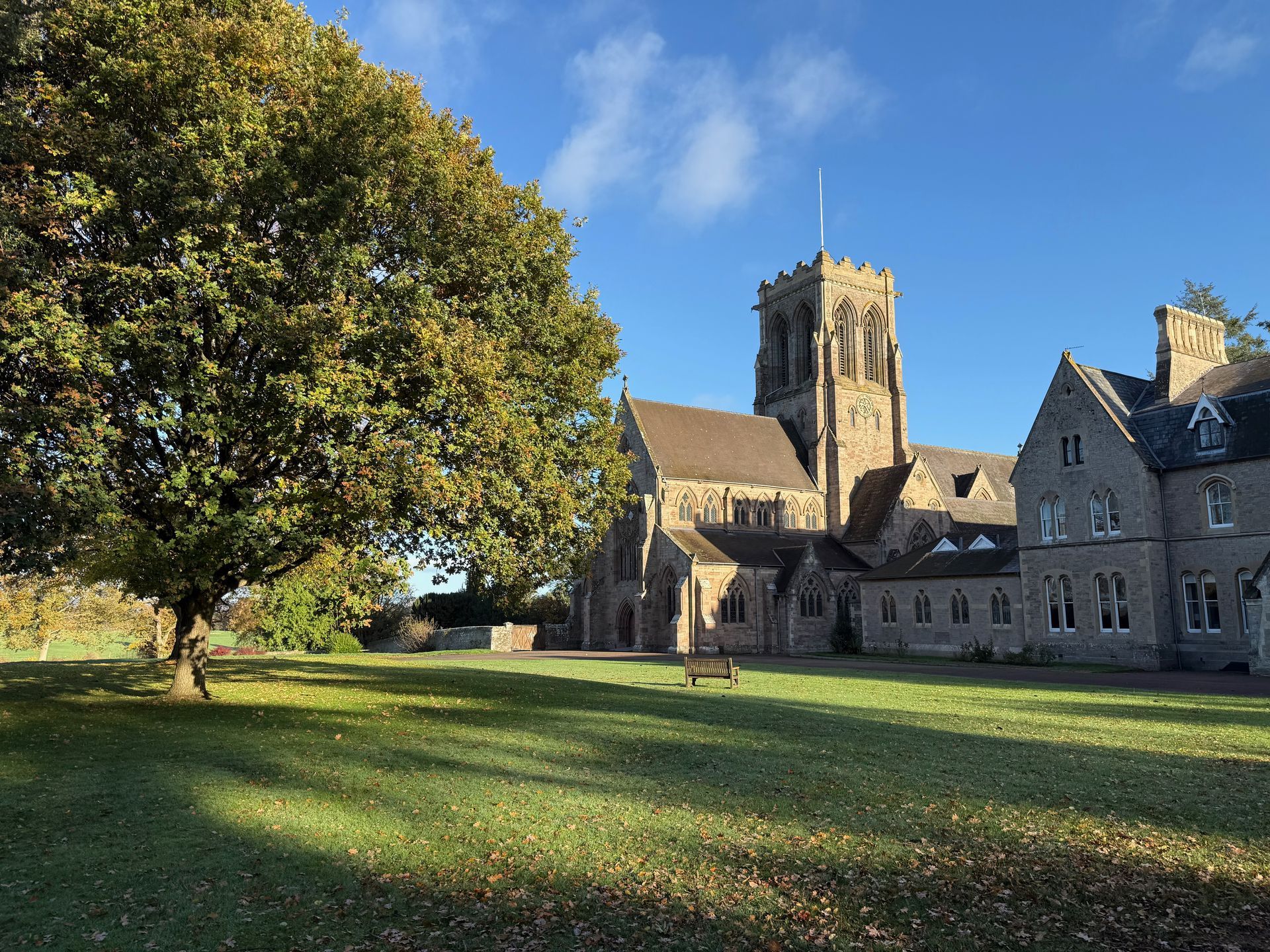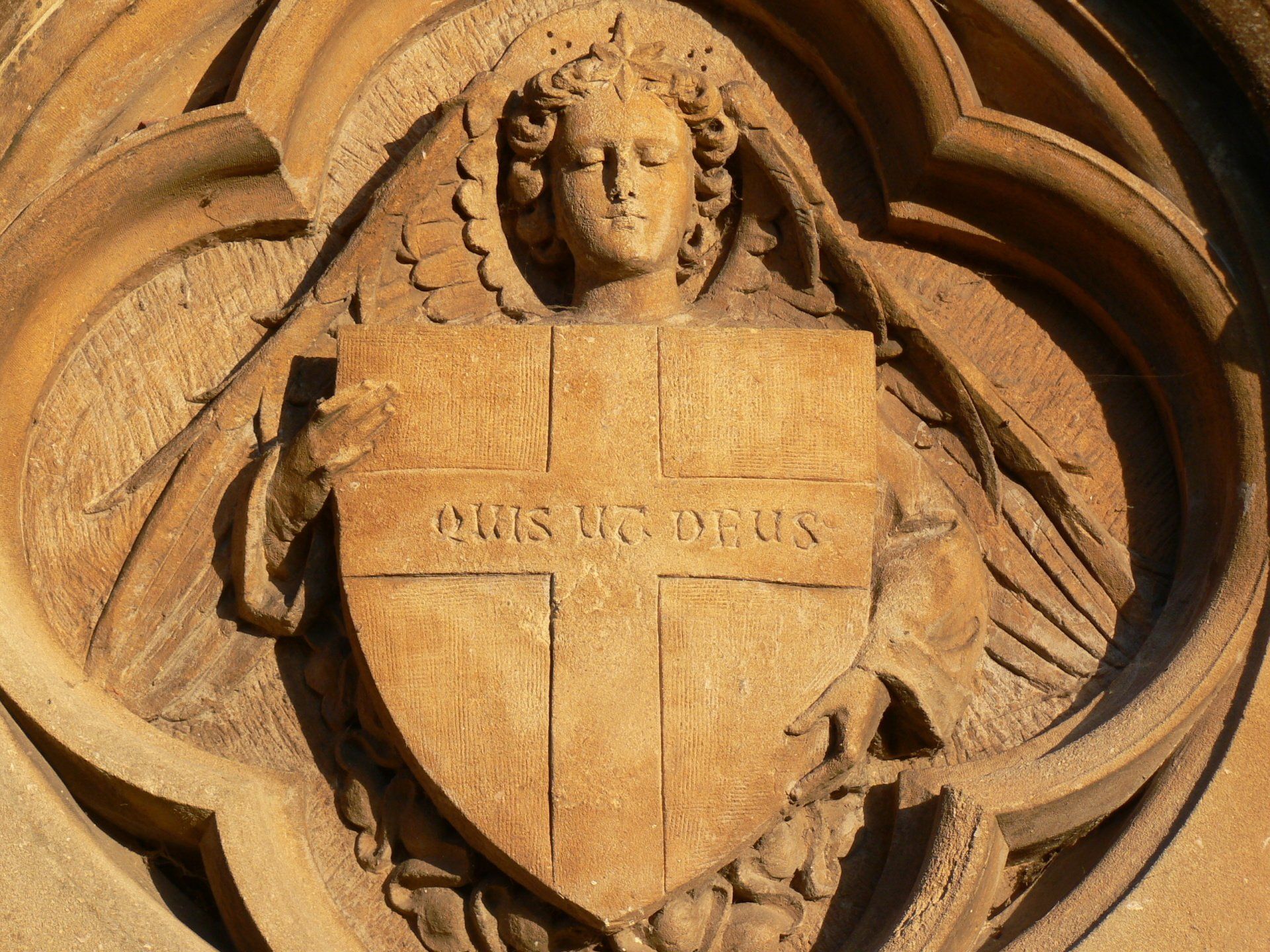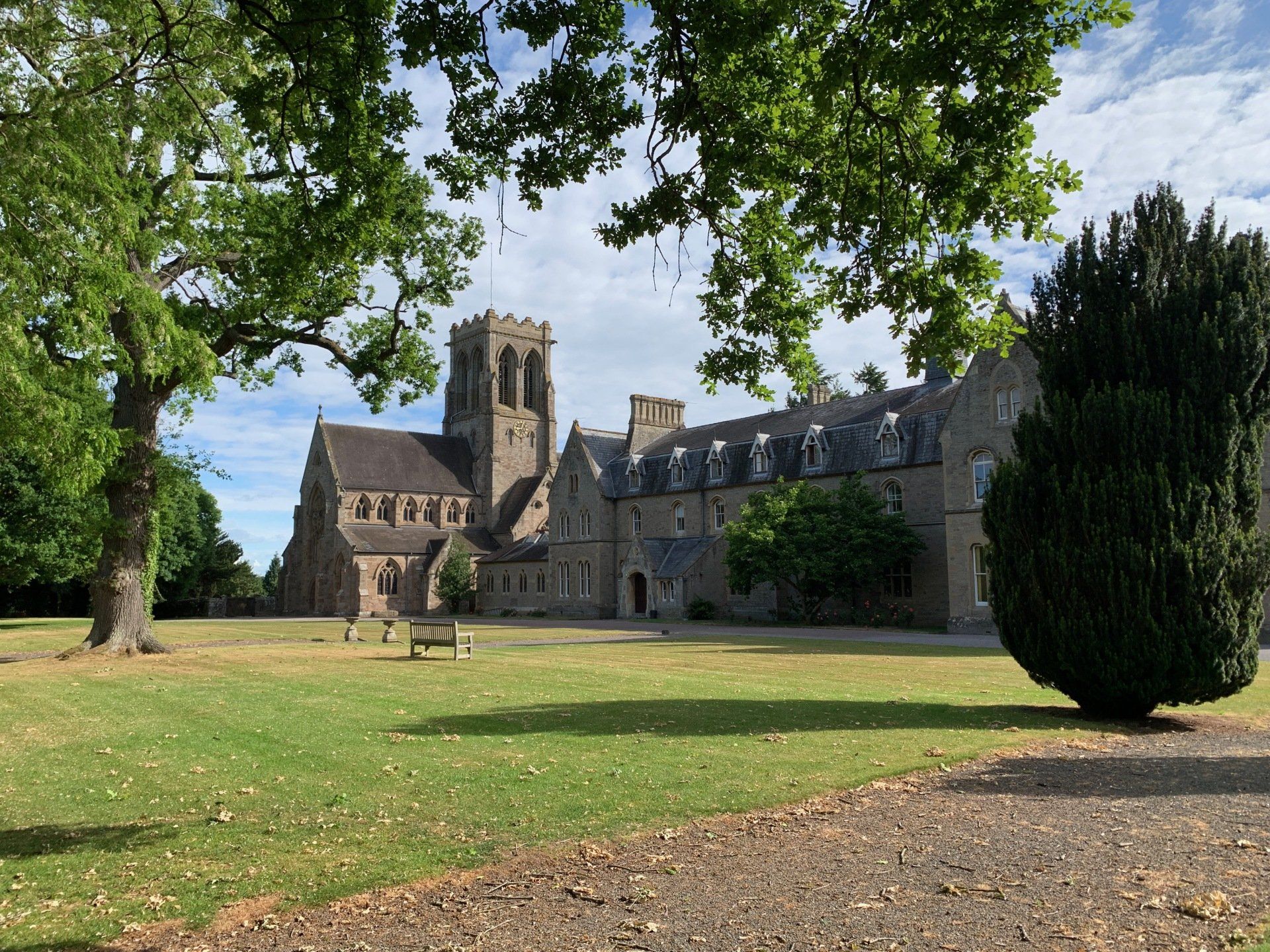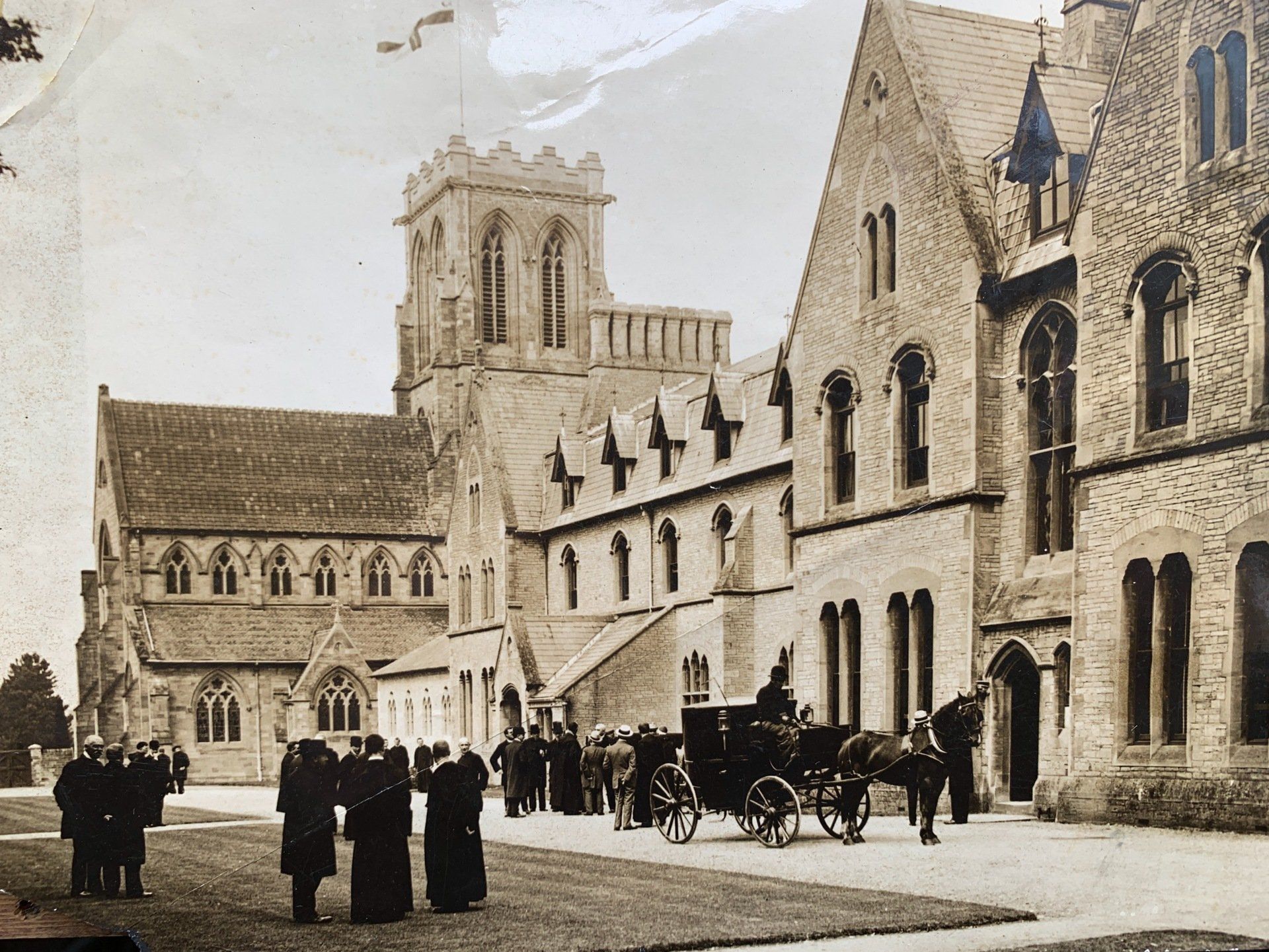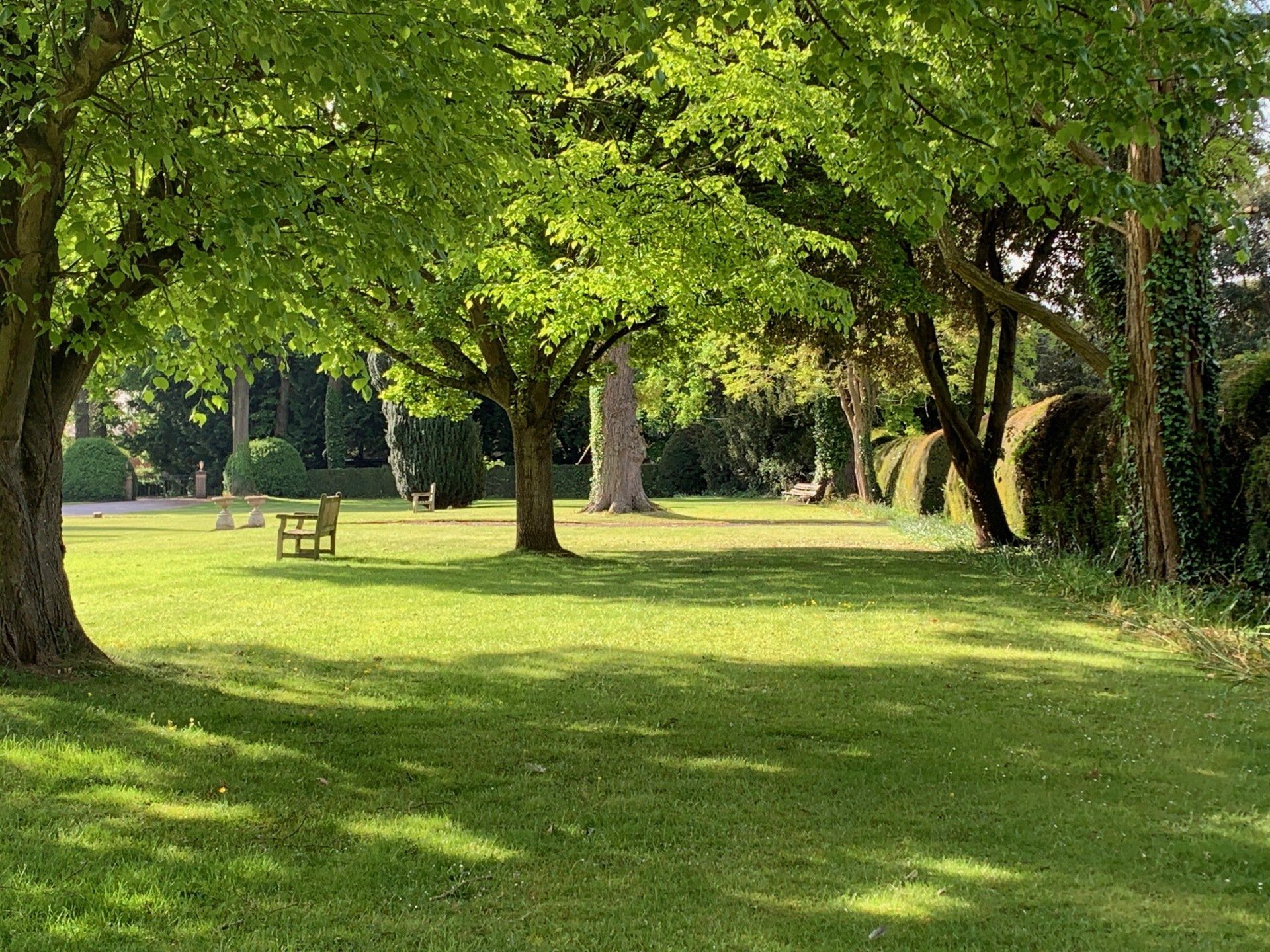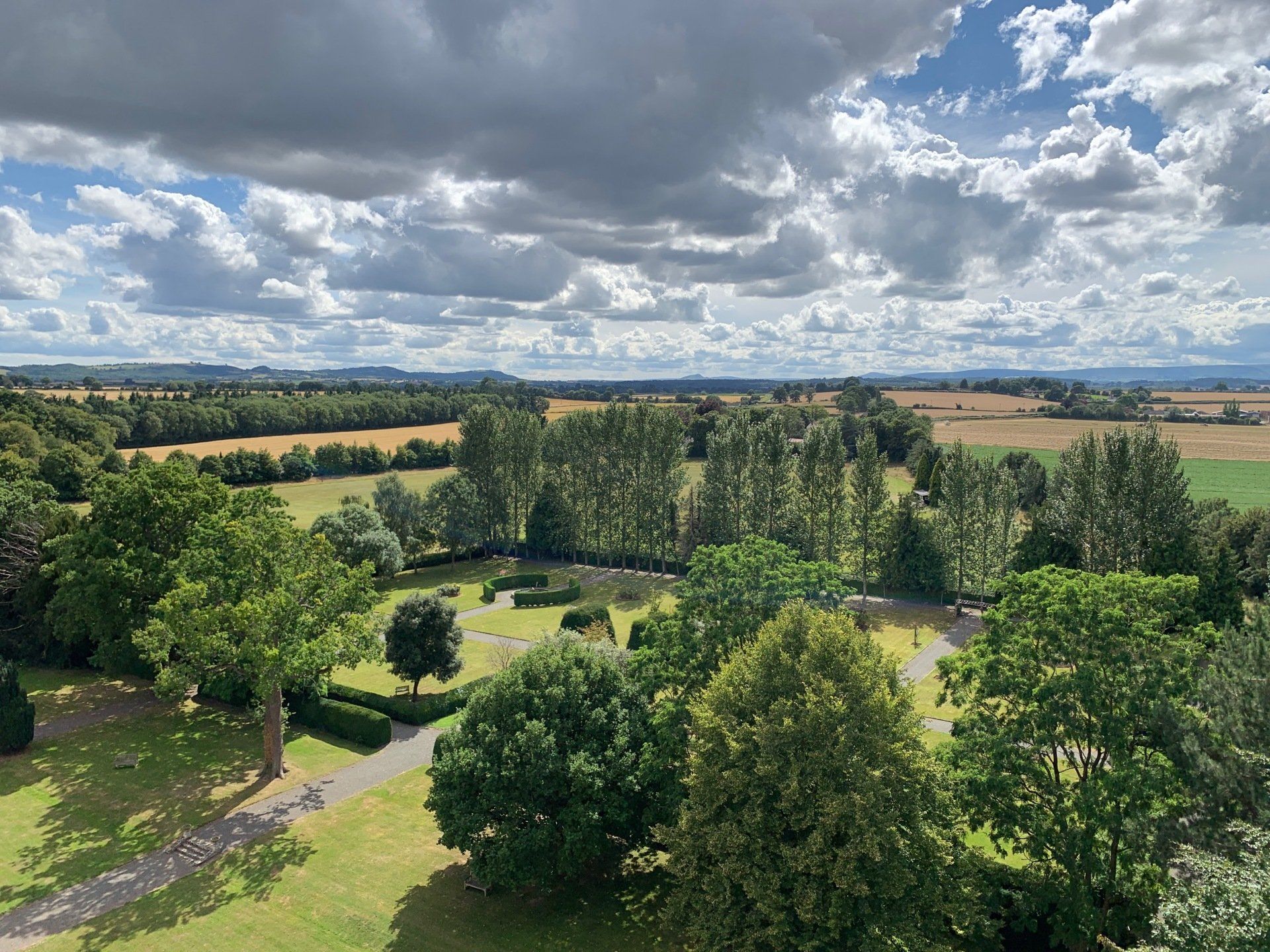
WELCOME
It gives us great joy to welcome you to our website, as is to our monastery.
We are delighted to announce the opening of our new guesthouse, The Chapterhouse.
Come and stay in our beautiful new monastic accommodation in the Abbot's Lodge
or our modern refurbished rooms in the Porter's Lodge and enjoy monastic prayer, peace and hospitality.
Visit the website:
News from Belmont Abbey
Welcome from Abbot Brendan
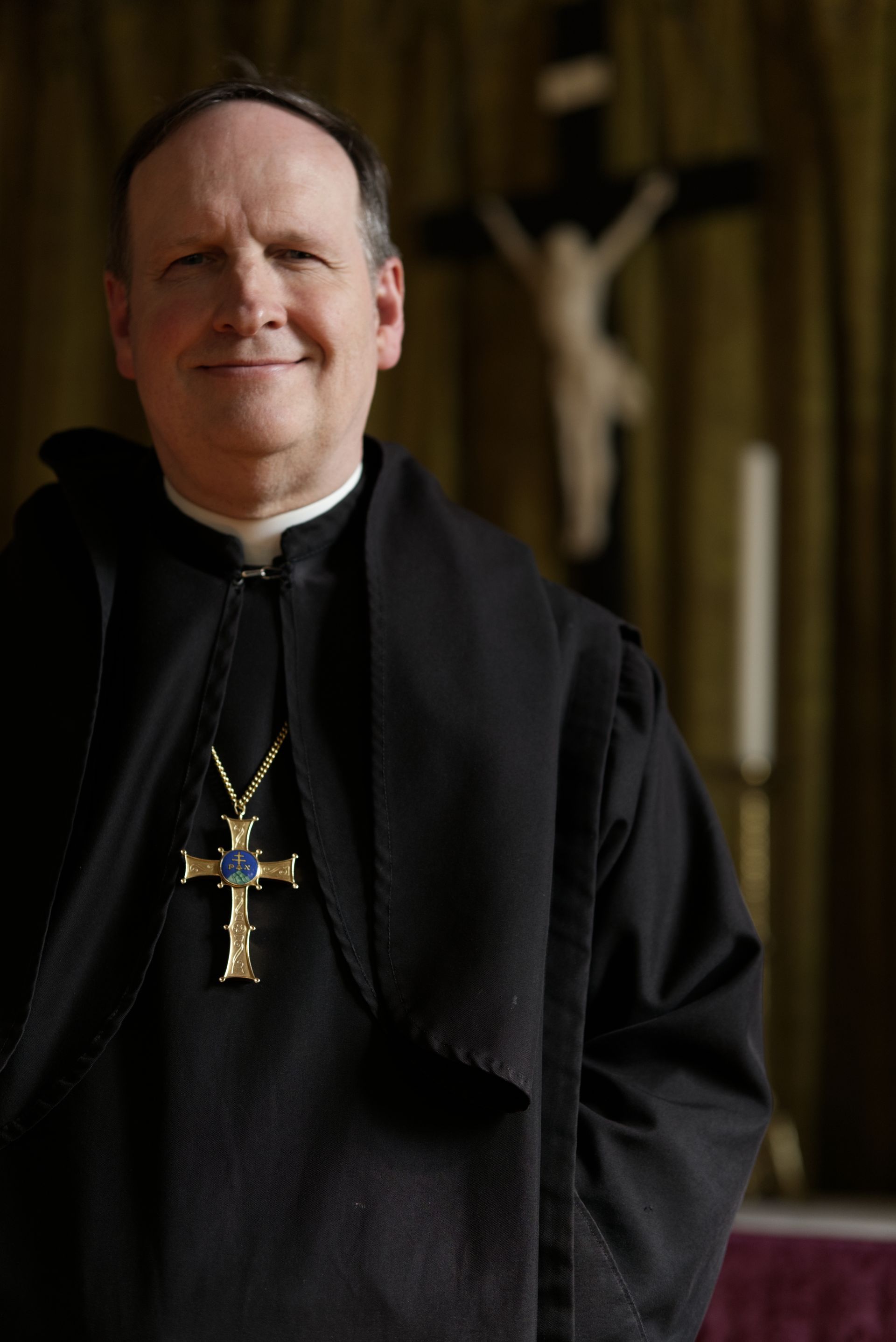
Welcome to our website on behalf of our brethren at Belmont, Peru and the Parishes that we serve.
We are a community of about 30 monks whose home is at Belmont, just outside Hereford on the borders of England and Wales.
Following the 6th century Rule of St Benedict, and under the guidance of the Abbot, the community seek to live the ancient wisdom of the monastic life in a contemporary way so that as St Benedict says, "in all things, God may be glorified." The rhythm of each day is shaped by the liturgy, our daily cycle of prayer and praise. Our work in the monastery includes the welcome of many guests and visitors, but our reach is much wider through our monks working in parishes and chaplaincies in Herefordshire and beyond, and as far away as Peru, our monastery at Lurin outside Lima.
Through this website we hope to share with you something of the spirit of our monastic life and to remain in contact with our friends and supporters scattered throughout the world.
The Belmont Community will continue to pray for all those suffering and in need, particularly our parish, oblates, retreatants and friends. Be assured of our prayers,
Abbot Brendan
Times of Services
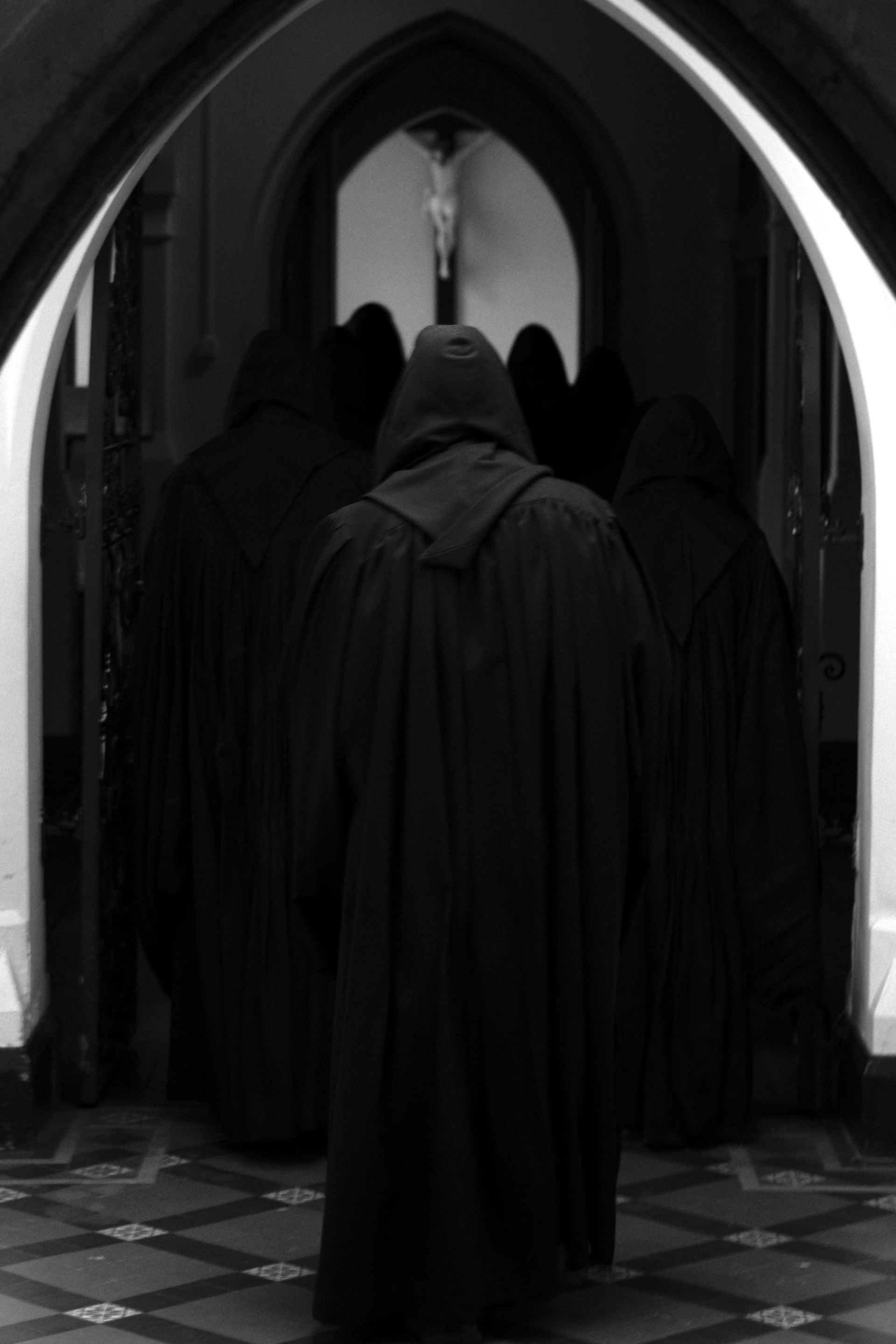
SUNDAYS:
Saturdays: Vigil 4pm.
Sundays: Parish Masses 8.30am and 11am. Conventual (Community) Mass, 9.30am.
WEEKDAYS:
On weekdays the daily Conventual Mass is at 8am except on major solemnities. There is a Parish Mass on Tuesday and Friday at 10.15am.
DIVINE OFFICE:
You are also invited to come to any part of the Liturgy of the Hours. Books are always available - please ask if you need help. Vespers is livestreamed each day
WEEKDAYS
Vigils and Lauds: 6:30am
Conventual Mass: 8:00am
Midday Prayer: 12:45pm
Vespers: 5.55pm
Compline: 8.00pm
SUNDAYS
Vigils and Lauds: 6.30am
Conventual Mass: 9.30am
Midday Prayer: 12.45pm
Vespers & Benediction: 5.55pm
Compline: 8.00pm
Abbey Bookshop Opening Times
The Abbey Shop is open at the following times:
SUNDAY:
8.45am-9.15am and
10.30am-12.15pm
MONDAY-SATURDAY:
2.00pm-4.00pm
We would be delighted to include your prayers within the community.



